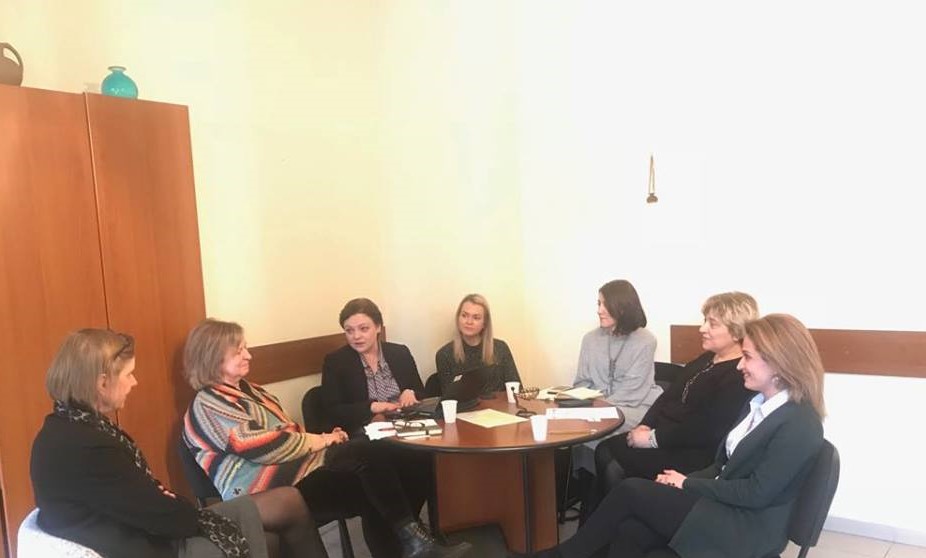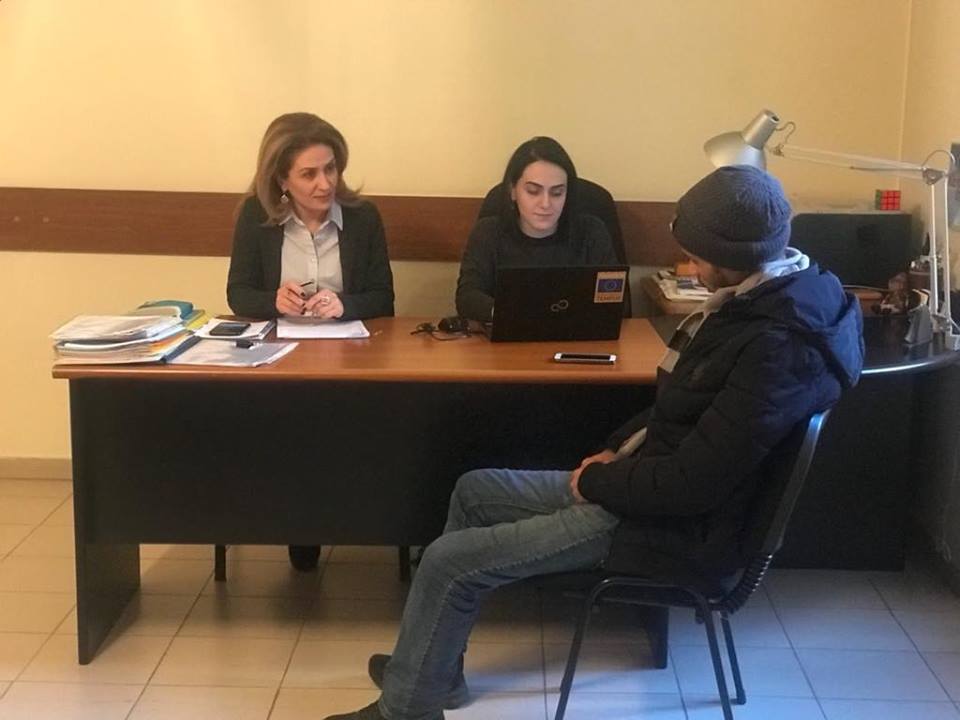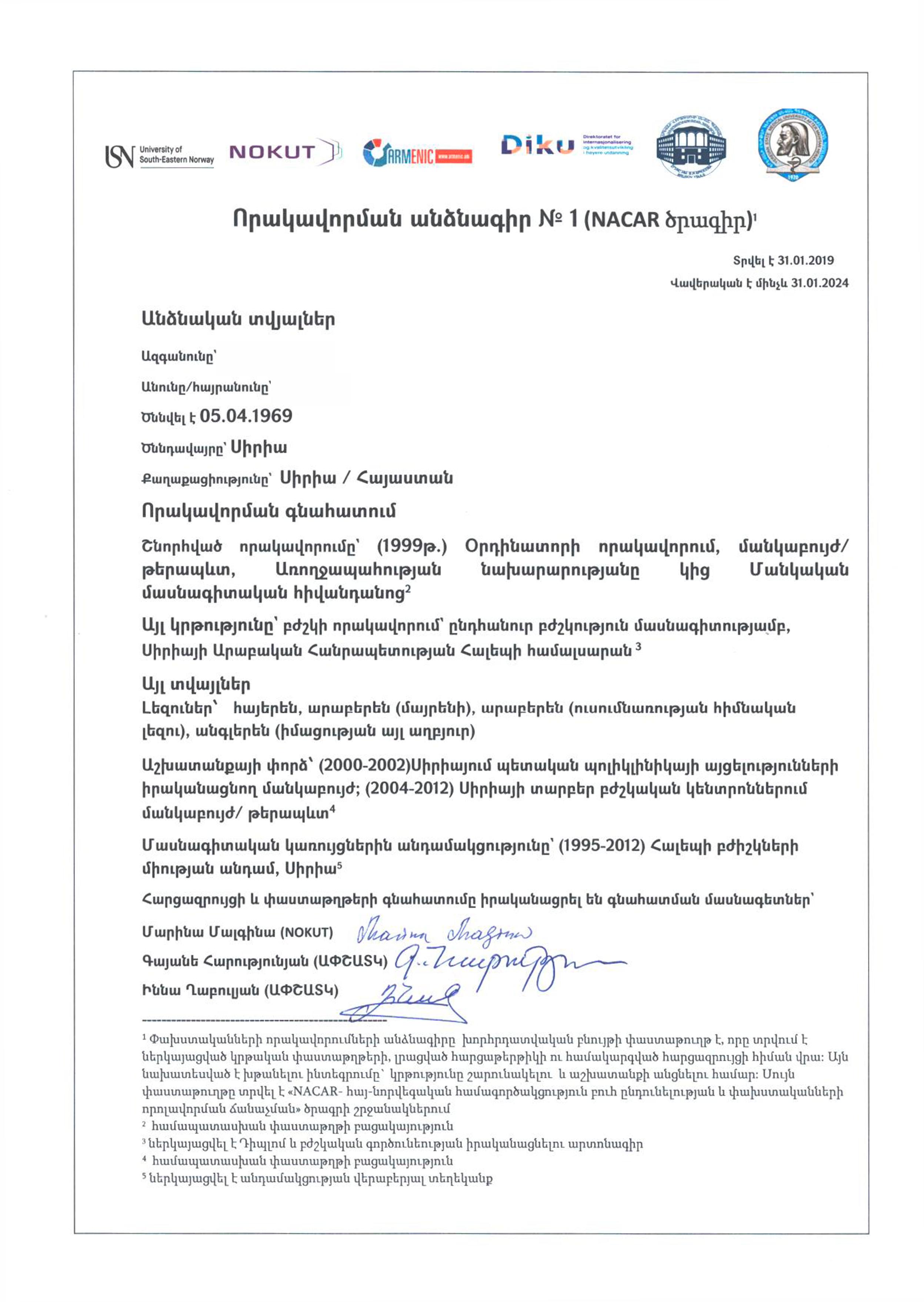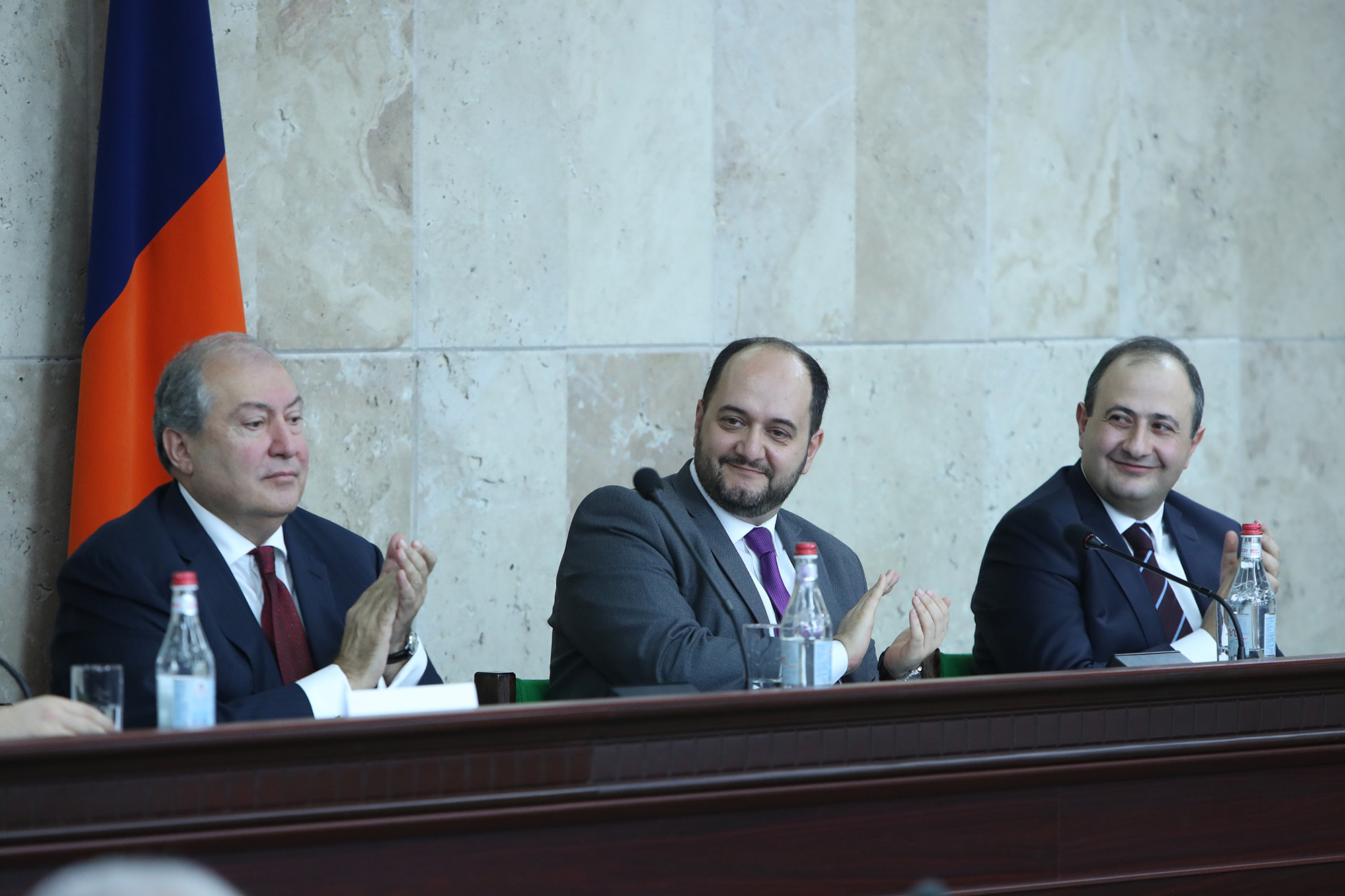Challenges in Recognition of Refugees’ Qualifications are overcome
2019-02-04

In September 2018, a “Norwegian- Armenian project on Admission and Recognition (NACAR)” funded by the Norwegian Agency for International Cooperation and Quality Enhancement in Higher Education (DIKU) was launched. From the Armenian side the National Information Center for Academic Recognition and Mobility (ArmENIC) is the coordinator of the project and the partners are Yerevan State Medical University after M. Heratsi and Yerevan Brusov state University of Languages and Social Sciences. The Norwegian partners are Norwegian Agency for Quality Assurance in Education (NOKUT) and the University of South- Eastern Norway (USN). This is a unique project as it focuses on the recognition of qualifications including the qualifications held by refugees in Armenia and Norway. The project aims at fostering the cooperation between Armenian and Norwegian universities.
From January 29-31, 2019 in the framework of the project ArmENIC together with its Norwegian partners conducted assessment sessions of the qualifications of refugees or people in a refugee like situation. In total 12 people from 10 different countries had their qualifications assessed during 3 days of evaluation sessions conducted both at the ArmENIC office and the universities. Among those were inadequately documented cases from Syria, Lebanon, Yemen, Afghanistan, Iran Jordan, Qatar, Kuwait, Israel and Palestine.
Assessments were conducted using the "Qualification passport for Refugees (QPR)" methodology which is the only international instrument developed with the aim to facilitate the recognition of refugees' qualifications even when those cannot be adequately documented as well as to give this assessment validity if refugees decide to move to another country. The main tools used by the methodology are assessment of education systems and existing documents, self-certification using specially developed questionnaire, interview conducted by the experienced credential evaluators.
Interviews were conducted by an international team including ArmENIC’s and NOKUT’s evaluation experts as well as representatives of all three partner universities. For the Armenian universities this was an opportunity to get familiarized with the methodology of "Qualification Passport for Refugees’" that can be successfully used in future for similar cases. Out of 15 applicants, 12 participated in the interviews and regarding 11 cases positive decisions were made. The successful applicant who managed to substantiate the qualification claimed will be issued QPR, which is a standardized advisory document on the person's highest achieved qualifications, language skills and work experience.
The Head of the UNHCR Armenia Ms. Anna-Carin Öst was also present at one of the interviews conducted in the ArmENIC premises in order to get more information about the methodology and discuss the importance of further cooperation. It was stressed that the initiative of the ArmENIC is important in facilitating integration of refugees in the Armenian society.
Another assessment session is planned in May, 2019 which will be followed by a seminar for higher education institutions and other stakeholders. During the seminar the QPR and the best practice related to it will be presented to wider audience.
















